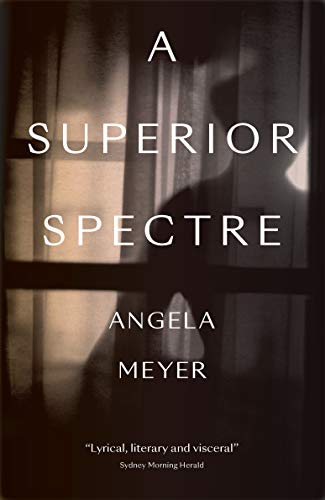What do you think?
Rate this book


288 pages, Paperback
First published July 23, 2018
"If you’ve ever met Angela, (as a well-known literary journalist and editor she’s out and about at all sorts of literary events) you will know that she has a vibrant personality. The room lights up when she’s around, she sparkles like classy champagne. So I am intrigued by her preoccupation with the macabre (and will be exploring this at the Stonnington LitFest). Where does this come from, this fascination with the noir, the creepy and the eerie? There are no vampires or ghouls in this collection, but there is horror of a different sort, signalled by the very first story…."